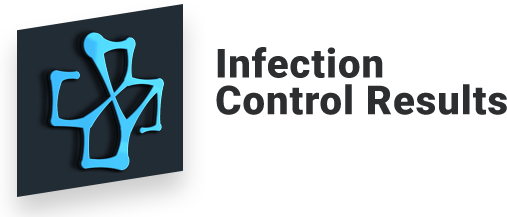
19 Jul Principles of Infection Control Nursing
The Importance/Principles of Infection Control Nurses
Infection prevention doesn’t just happen. Every medical facility has infection-control experts on staff to ensure infectious agents such as bacteria, fungi, and viruses are destroyed or contained before they can harm any patient. In many facilities, infection control nurses are the primary professionals tasked with mitigation and prevention of the spread of disease through a medical or health care center. The following will explain the principles of infection control nursing.
Duties of an Infection Control Nurse
Disease Prevention
The primary function of these nurses is to prevent an infectious disease from spreading. To do so, they receive extensive training in infection identification and control protocols, including how to evaluate the clinical symptoms and signs of a potential infection; how to identify and control possible contaminants, and the appropriate use of both antimicrobials and prophylactic devices to reduce the likelihood of an infection outbreak. These principles of infection control nursing help them analyze possible infection outbreaks and neutralize any further outbreaks
Disease Containment
Upon discovery of an infectious disease, it is imperative to identify its cause and location to limit exposure to it by non-infected individuals. The infection control nurse verifies the outbreak of the disease and defines for the facility the place, person, and time of discovery, as well as the potential risk factors of the infection spreading. In collaboration with medical personnel, the nurse develops the likely source of the infection, and it’s likely mode of transmission then develops a strategy to contain it. Often, these professionals also ensure that all facility personnel are informed of both the contamination and the protocols in place to contain it. That’s why the principles of infection control nursing are so important.
Facility Education
The principles of infection control nursing are often the source of facility education practices on disease and infection control. Certified nurses generate the education materials needed for training purposes as well as present the training to staff. Training is an ongoing process, and the infection control nurse is also responsible for overseeing compliance with infection control practices and offering retraining opportunities to staff members who don’t adhere to the control standards.
Nurses are often the front line of disease and infection control, and their responsibility to prevent or contain potentially fatal outbreaks is a critical aspect of the healthcare system. Every healthcare facility, including rehabilitation centers, ambulatory care centers, and even dental offices, should regularly seek out the services of a certified infection control nurse.
